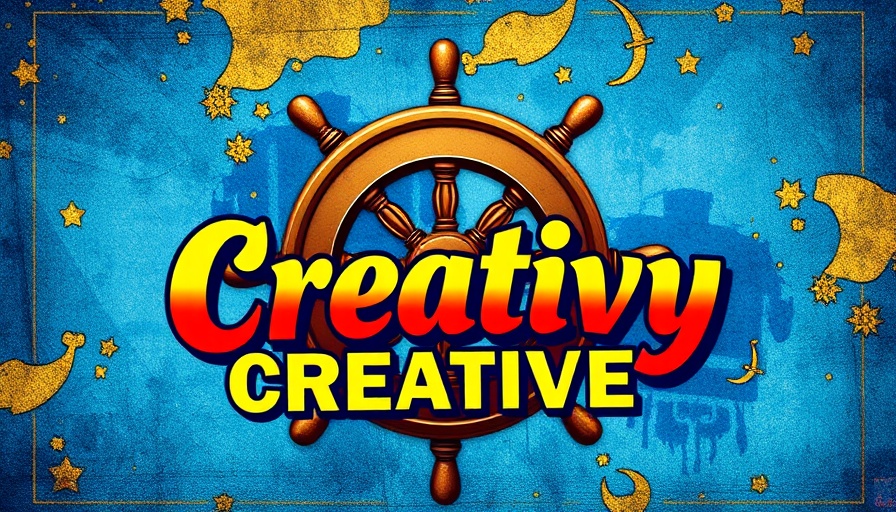
Celebrating New Literary Luminaries: Winners of the Writers and Illustrators of the Future Contests
In a world where creativity knows no bounds, the L. Ron Hubbard Writers and Illustrators of the Future Contests continue to shine as a beacon for aspiring authors and artists. On March 14, 2025, the winners for the 1st Quarter of Year 42 were officially announced, bringing to light the exceptional talent that these competitions nurture. The winners of the Writers of the Future Contest are Zach Poulter from Utah (First Place), S.J. Stevenson from Great Britain (Second Place), and Kathleen Powell from Missouri (Third Place). The Illustrators of the Future Contest recognized Art Ikuta from Canada, Amuri Morris from Virginia, and Roddy Taylor from Washington.
The Legacy of a Visionary: L. Ron Hubbard's Impact
The genesis of these contest results can be traced back to L. Ron Hubbard’s vision, articulated in his 1985 letter: a desire to provide a platform for new voices and cultivate a community that acknowledges the artistic labor of emerging creators. This ethos has driven the contest for decades, granting opportunities and recognition to nearly 559 writing winners whose collective works have sold over 60 million copies, a testament to the competition’s success. The pool of awarded illustrators—406 in total—has created visuals for over 700 books and major films.
Workshops with Industry Giants: An Unmatched Experience
One of the defining features of the Writers and Illustrators of the Future Contests is the immersive workshop experience that winners receive. This is not just a prize; it is an investment in the future of literature and art. Winners are flown to Hollywood to partake in a week-long workshop led by esteemed judges including literary giants like Orson Scott Card, Brandon Sanderson, and Brian Herbert. These workshops are crucial, providing winners with invaluable insights and networking opportunities that are undeniably transformative for their careers.
Broadening Horizons: The Significance of Representation
The recognition of diversity among the winners is also notable—an important trend in a field traditionally dominated by a certain demographic. By showcasing talents from various backgrounds, these contests work toward a broader representation of narratives within the literary landscape. The inclusion of a global set of winners underscores the collaborative spirit of storytelling that transcends borders, cultures, and experiences.
The Future Looks Bright: Ongoing Trends and Insights
As we look to the future, the implications of these contests extend far beyond the individual recognition of the winners. They highlight a growing trend in the industry that champions creativity, diversity, and self-expression. In an era defined by new media and evolving platforms, aspiring writers and illustrators must embrace adaptability. Understanding the marketplace—and the shifting preferences of audiences—will be key to continued success.
The Responsibility of Recognition: An Industry-Wide Challenge
Alongside the celebration of achievement comes the sobering responsibility of scrutiny directed towards the broader publishing landscape. Emerging writers face challenges that include systemic obstacles and market saturation. Contest winners must not only navigate their own career paths but also contribute to a culture that fosters sustainability, ethics, and accountability in literary production.
Conclusion: Join the Creative Revolution
The announcement of the winners in the Writers and Illustrators of the Future Contests is not merely an event; it symbolizes resilience, creativity, and the fundamental need for artistic expression in our society. For professionals and creatives alike, this ecosystem forms a critical foundation in shaping narratives that echo in our tense political climate. Get involved and become part of this transformative journey! Follow the link to learn more about how you can participate or support future contests.
 Add Row
Add Row  Add
Add 




Write A Comment